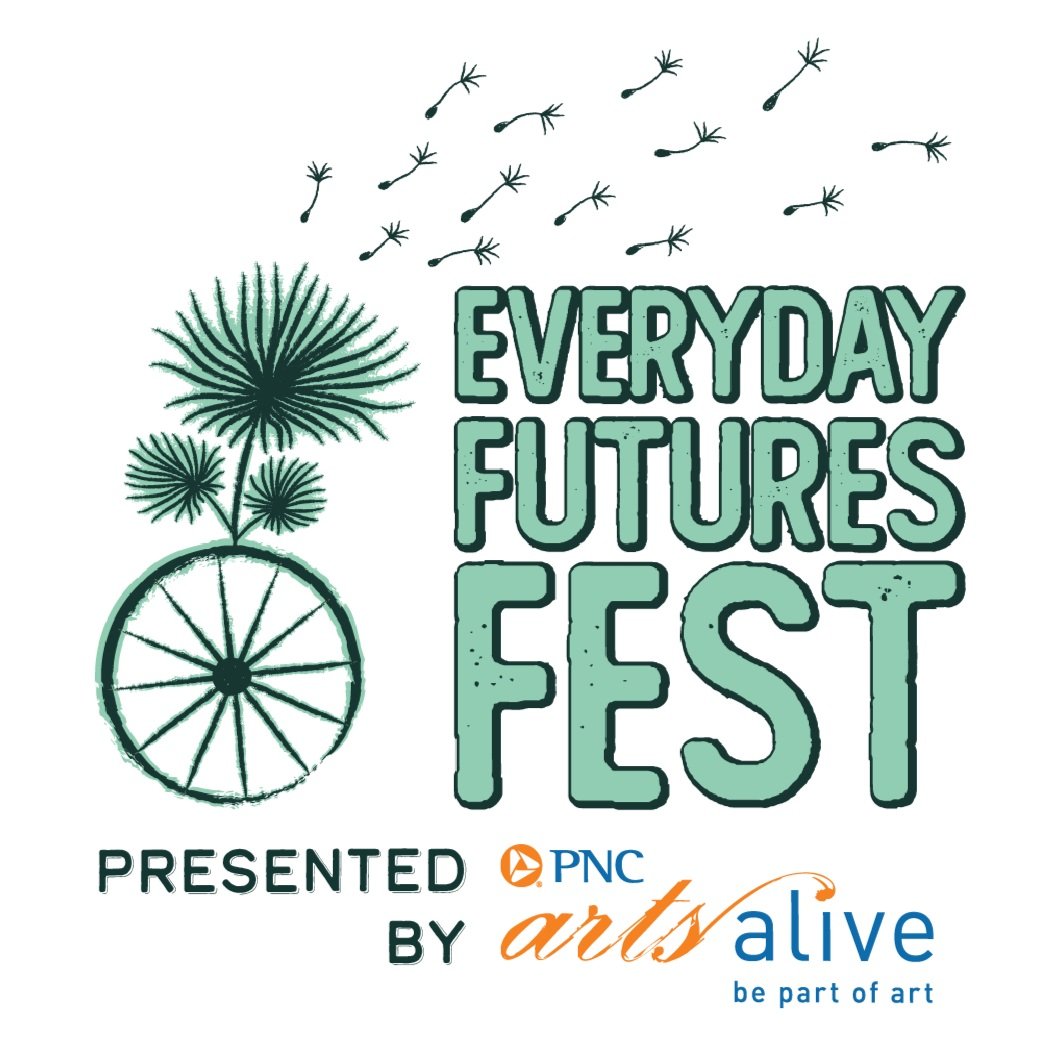Walé Oyejide
A writer, designer, filmmaker, speaker & attorney. Visit his website here.
Nominations:
Nominated by Ben Goebel "background in designer, writer, speaker, filmmaker, photographer, musician and lawyer. And also, he combats bias with creative storytelling. As the founder of Ikiré Jones and After Migration, he employs fashion design as a vehicle to celebrate the perspectives of marginalized populations."
About Walé:
Walé Oyejide is a citizen of the world. A native of Nigeria who settled in the USA during his teens, he will tell you that his immigration timeline has influenced his brain to think broadly and intertwine cultures. He is himself a chameleon, comfortable both in front and behind a camera, a designer, and a lawyer. Walé sees his work as a way to flatten hierarchies: a way to represent outsiders as the regular people they should be assumed to be because, in the end, “different” doesn’t mean “unequal”. Ironically, he is more widely known outside of Philadelphia than in it, and thus why we are delighted to have him as an Everyday Genius this year.
His story is deeply intertwined with his migration story. He has always been influenced by the culture in the United States, even prior to living here. His start is the same as many immigrants– doing everything to not stand out and be accepted like any other person in the country. Walé did this quite well, but he soon started thinking of reconnecting with his place of birth. He calls himself a person of no nation shaped by his many backgrounds. Early on he wanted to be an inventor, for he liked “the idea of making things”. Currently, he is a storywriter, clothing designer, and a lawyer. Lawyering was his first work experience, though not because he aspired for it. Similar to many immigrant stories, this was a version of success accepted in his family. They did not see art as a way to earn a living. Generational sacrifice often pressures children of immigrants into lucrative job fields, such as law. The way Wale recalls his previous place of work–the top floors of a skyscraper in Philadelphia that reminded him of the eye of Sauron (Lord of the Rings Reference). He could not escape it, he saw it wherever he went. His few years spent as an immigration lawyer revealed to him the adversity immigrants go through and how many others might not be as fortunate as he is. Yet, he still felt trapped. The feelings of “what if” grew stronger and stronger, until one day he decided to make himself happy. It was time for him to do what he loved…being an artist. This is how he decided he wanted to contribute to society.
Today, he is known internationally as an accomplished artist, designer, and filmmaker. He designed clothes for the Marvel Blockbuster Black Panther, spoke at a Ted Talk, and directed a short film that is part of the official selection at this year’s Festival de Cannes. Walé’s major goal is to “try to make the world easier for the child version of [him]self”. It’s also about representation. When talking about his work, he mentions his daughter and how she might not see people like herself reflected in most of the city’s art museums. Part of his work was to change that. You can see his reinterpretations of classical images in his clothing, where the usual Caucasian people are replaced by Black people.
Quotes from Walé:
"I had a kind of a very normal quite happy childhood, but it was a childhood informed by many different places so different languages, different music, and all that then informs when I am I grew up to become an artist or a speaker or I was a lawyer for a few years. All these things are informed by my kind of sensitivity towards the idea that some people are not as fortunate as I am so when they come to a new place."
"So, now I make art. The hope is that it, it makes art that helps us look at people who are typically outsiders in a way that makes a see them as just regular human beings who also have beautiful things to contribute to those of us who don't understand them so easily. "
"I decided to try to make myself happy and the hope is that by making myself happy, I can be better and make other people happy. So that's how a person comes to America becomes a lawyer and then becomes an artist."
"Just because you don't have a previous example of a certain path, doesn't mean that path is not open to you. "
"On the issue of being an immigrant, that's doubly important because I know that we speaking generally are outsiders, and we are oftentimes misunderstood. And we all have the same dreams just different languages. And so I think to be recognized by people who are vulnerable in the sense that they have to work a little harder to be understood and also to understand the new rules of where they are. That to me means a lot because it means that I'm doing something right. And, and hopefully uplifting people like myself, which is all of us it's not an issue of skin color or languages, the idea of adapting to new society and showing that even though you come from far away, you have something beautiful to offer, which I think we all do."

